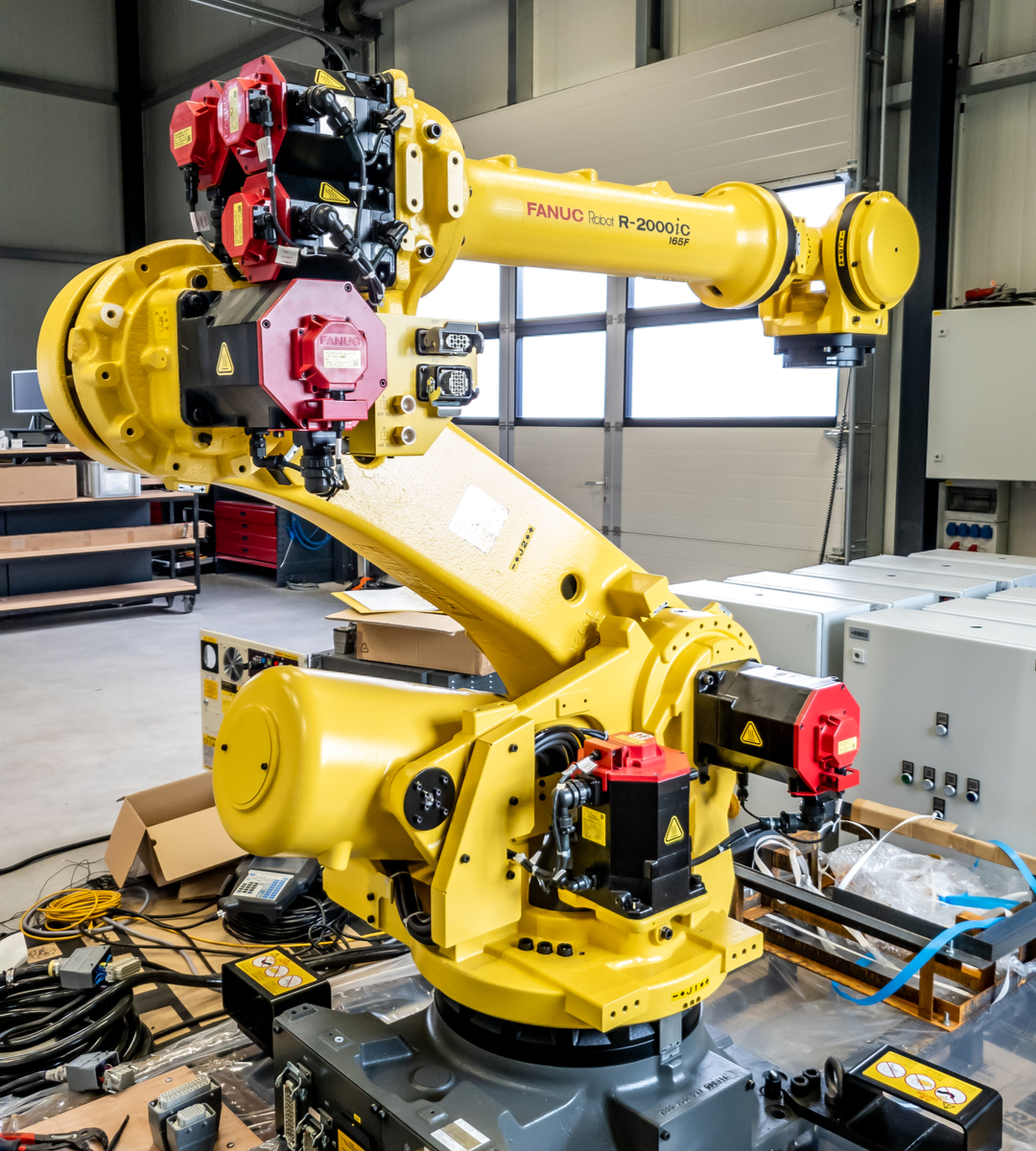In the fast-growing manufacturing industry, robots play a key to innovation and efficiency. Industrial robotics has transformed manufacturing, providing businesses with numerous advantages, such as increased productivity, quality and competitiveness. As the demand for automated solutions continues to grow manufacturing robots have been playing an ever-growing part in determining the future of manufacturing.
Industrial robots can also be referred to as manufacturing robots. They are specially designed machines that are able to perform multiple functions in the manufacturing environment. This could include welding, painting,, picking and putting, packaging and many more. Industrial robotics, which is the area of research and application of these robots, concentrates on improving the efficiency and accuracy of manufacturing operations.

One company that is at the forefront of this new era is Automated Solutions Australia (ASA), which specializes in designing industrial robots and systems that offer flexible automation solutions for manufacturing customers. The industrial robots ASA offers help to clients to get an edge in the market through boosting productivity and quality. The industrial robots offered by ASA that are built on best practices and an emphasis on quality, are used by companies in a variety of industries including pharmaceuticals, automotive, electronics and many others.
The benefits of implementing industrial robots in manufacturing are multifaceted. The improvement of efficiency and productivity is one of the most important benefits. Industrial robots can perform repetitive tasks with precision and consistency, leading to increased output and shorter cycles. This not only enhances overall productivity but also allows companies to meet the increasing demands of consumers demands with ease.
In addition, industrial robots improve quality control within manufacturing processes. Because they can perform tasks with precision and resiliency, they minimize the margin of error which results in better quality products. This is a result of customer satisfaction as well as bolsters the reputation of a business’s ability to deliver top-tier goods.
Industrial robots provide not just quality and efficiency but also cost-saving advantages. While the initial expense to manufacture robots is high but the savings over time are huge. Businesses can reduce operational costs through streamlining processes and decreasing manual labor. Industrial robots are also able to operate 24/7, maximizing the utilization of resources, and reducing the cost per unit of production.
Another benefit of industrial robots is their effect on work environments. They are engineered to minimize noise which create a more peaceful and more comfortable working environment for employees. Furthermore their speed and accuracy can make work safer, reducing the risk of accidents and injuries.
Integration of industrial robots is also essential for the future of employment and job creation. Industrial robots can generate new employment opportunities regardless of concerns that automation could replace humans. This includes roles that are related to robot programming, maintenance, supervision, and monitoring, aswell in the creation of new technologies to support robotic manufacturing.
Companies across various industries continue to reap the benefits of industrial robots and the manufacturing sector continues to embrace the technology, it’s changing the industry. Industrial robotics, along with the capability to improve effectiveness, efficiency, and quality is changing how the products are produced.
In the end, robots for manufacturing are a paradigm shift in manufacturing. The integration of these technological advances has helped businesses achieve record levels in productivity, precision, competitiveness, and efficiency. As the demand for automation solutions continues to grow industrial robots are set to play an integral part in shaping the future of manufacturing, driving innovation, and propelling businesses towards success in the global marketplace.